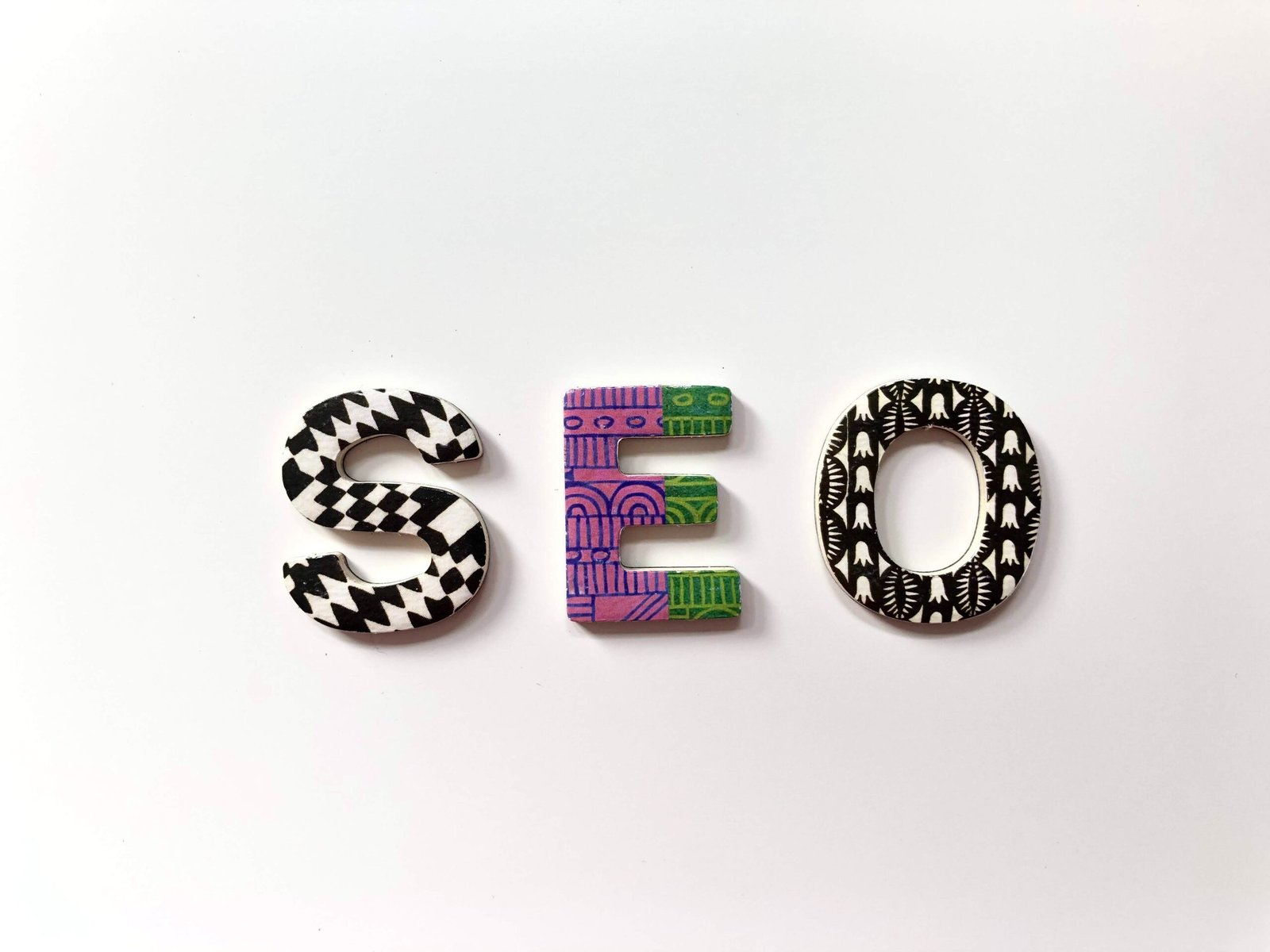When it comes to SEO (Search Engine Optimization), there are various factors that can impact your website’s ranking on search engine result pages (SERPs). Two such factors that often come into question are the length of the title and the URL structure. Many website owners wonder whether having a long title and a short URL is good or bad for SEO. In this blog post, we will explore this topic and provide you with some insights.
The Importance of Titles and URLs
Titles and URLs play a crucial role in SEO as they provide important information to search engines and users about the content of a web page. Search engines use these elements to understand the context and relevance of a page to specific search queries. Users also rely on titles and URLs to determine if a page is worth visiting based on the information provided.
Long Titles: Pros and Cons
Long titles can be beneficial for SEO in certain situations. They allow you to include more relevant keywords and provide a clearer description of your content. This can help search engines understand the topic of your page and improve its visibility for relevant search queries.
However, it is important to note that excessively long titles can have some drawbacks. Search engines typically display only a certain number of characters in the SERPs, and if your title exceeds this limit, it may get cut off. This can result in a less appealing and less informative title being displayed to users, potentially impacting click-through rates.
Additionally, long titles can make your URLs longer as well, especially if you include the title in the URL structure. While longer URLs are not necessarily bad for SEO, they can appear less clean and user-friendly. Shorter URLs are generally easier to read, share, and remember, which can positively impact user experience.
Short URLs: Pros and Cons
Short URLs have their own set of advantages and disadvantages. From an SEO perspective, shorter URLs are often preferred as they are more concise and focused. They can help search engines and users quickly understand the topic of a page without having to decipher a lengthy URL.
Short URLs also tend to be more user-friendly. They are easier to share on social media platforms and can be visually appealing when included in a hyperlink. Additionally, shorter URLs are less prone to errors when manually typed, reducing the risk of broken links.
However, it is important to note that having a short URL does not automatically guarantee better SEO. The content and relevance of the page are still the most important factors for search engine rankings. A short URL alone cannot compensate for poor content or lack of optimization.
Best Practices for Titles and URLs
While there is no one-size-fits-all answer to whether long titles or short URLs are better for SEO, there are some best practices you can follow:
- Create titles that accurately describe your content and include relevant keywords, but avoid excessive length.
- Keep your URLs concise and focused, ideally incorporating keywords related to the page’s content.
- Avoid using unnecessary words or characters in your URLs, such as stop words or special characters.
- Ensure that your titles and URLs are unique for each page to avoid confusion and duplicate content issues.
- Regularly monitor your website’s performance in search engine rankings and adjust your titles and URLs if necessary.
In Conclusion
Ultimately, the length of your titles and URLs should be determined by the content and relevance of your web pages. While long titles can provide more information and keyword opportunities, they should be used judiciously to avoid truncation in the SERPs. Similarly, short URLs can be user-friendly and concise, but they should not be prioritized over the quality and optimization of your content.
Remember, SEO is a holistic practice that involves various elements. Focus on creating high-quality content, optimizing your website’s structure, and providing a positive user experience. By following best practices and continuously monitoring your website’s performance, you can improve your chances of ranking well in search engine results.



